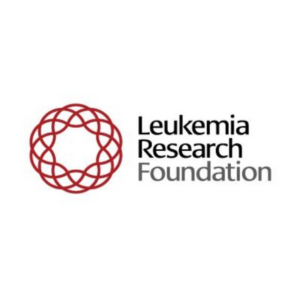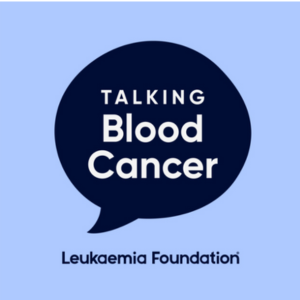
Leukemia is a cancer that affects the blood and bone marrow. It occurs when the body creates abnormal white blood cells that don’t work properly and build up in the bloodstream.


Frequent infections

Shortness of breath

Paleness of skin

Fever and chills

Easy bruising or bleeding

Weight loss

Bone or joint pain and tenderness

Fatigue
Leukemia is classified by the type of white blood cells it affects—either lymphocytes or myeloid cells—and how quickly it develops. It may appear suddenly and progress rapidly (acute), or develop gradually over time (chronic).
There are four main types of leukemia, and each one has different subtypes. This helps doctors better understand and treat each person’s specific type of leukemia.
The following tests can be used to confirm a diagnosis of leukemia:
Treatment depends on the type and stage of leukemia, as well as overall health and personal preferences. Common treatment options include:


Leukemia is a disease that requires more effective treatment options. In order to find these new treatments for leukemia, further research is needed. Discover our featured study below for leukemia. If this study is not right for you or a loved one, there are leukemia research studies that are actively recruiting participants. Visit ClinicalTrials.gov to find leukemia research studies near you.

If you or a loved one has leukemia or lymphoma, learn more about this opportunity to participate in a clinical study evaluating a one-time investigational gene therapy that may help your immune system fight cancer more effectively.
Learn MoreFind an online community of fellow patients, caregivers, and advocates below as
as well as some other general resources!
.jpg)








